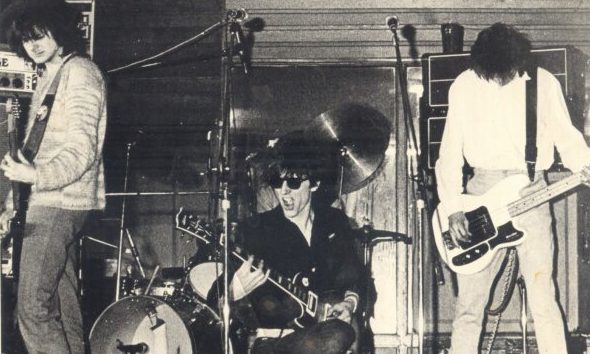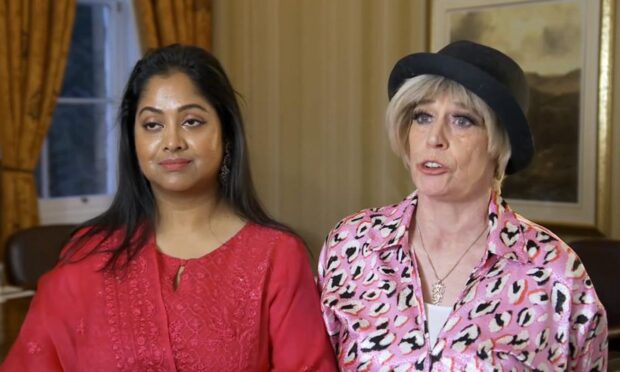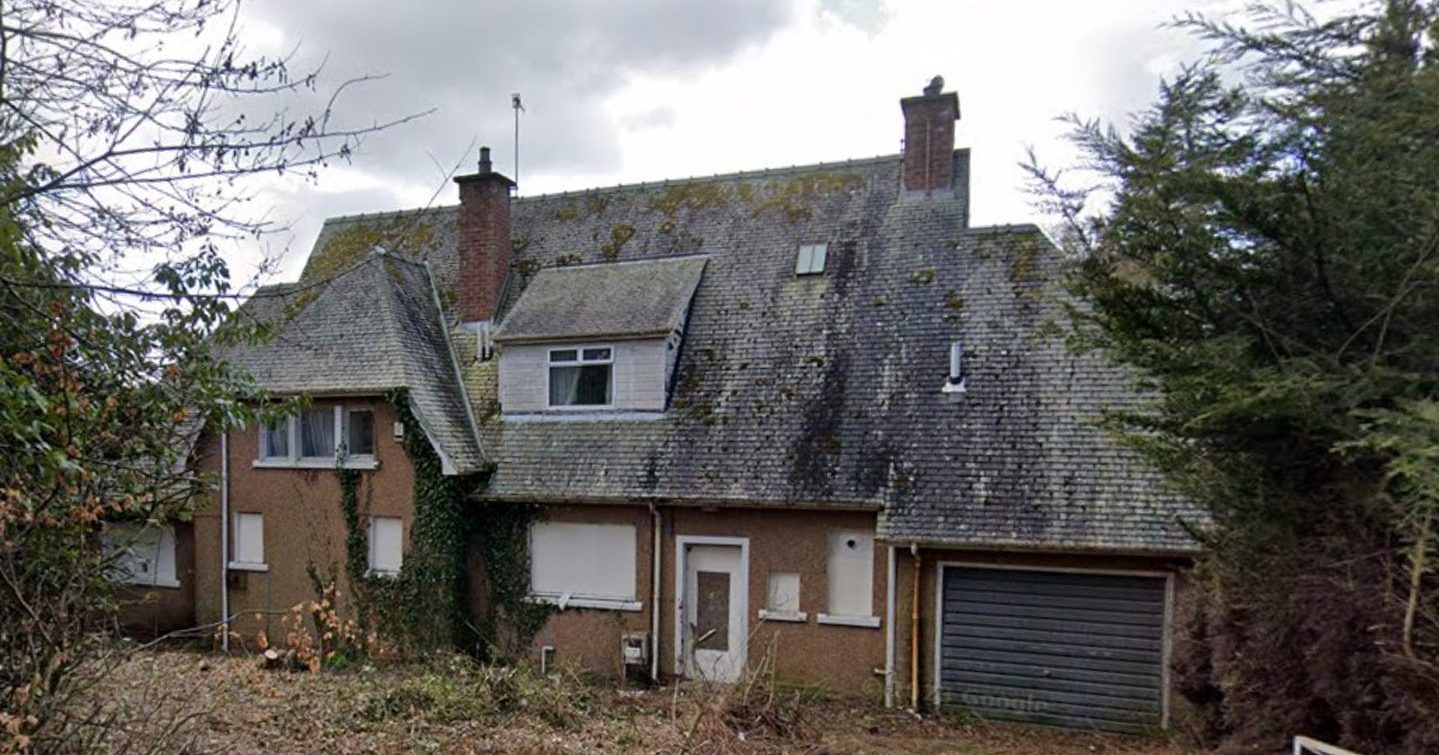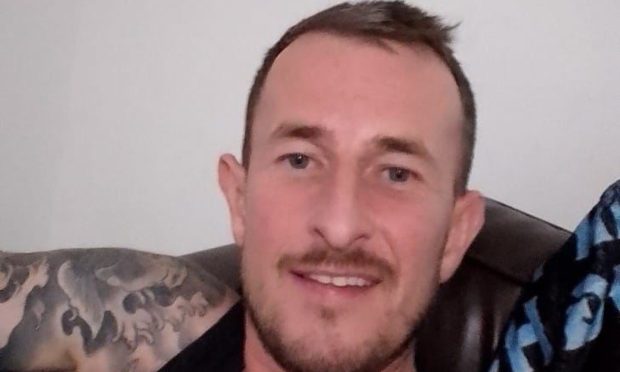Perth punk rockers The Trendies are preparing to release their debut album — more than 40 years after they split up.
The band were favourites on the Scottish punk scene in the late 1970s, when the likes of Johnny Rotten stalked the land.
They went their separate ways after moving to London in search of a record deal which never came.
Now the group are putting out their first CD to raise money for singer Colin “Peece” Thomson who is living with the degenerative brain condition, Huntington’s Disease.
The 14-track, self-titled record is based on sessions the band played with Capital Radio and Radio Forth, as well as unreleased material previously recorded at REL Studios in Edinburgh in 1978.
All proceeds from the CD will go to the Scottish Huntington’s Association, the only charity in the country which supports people living with the condition.
The idea for the release came from the band’s former manager Ron Whytock and bass player Steve Sweeney.
Ron said: “With Colin’s diagnosis there was no chance of a live comeback, so we felt it would be fitting to help him out as best we could.
“So, pulling together existing material on to a CD seemed an obvious way of raising money.”
He said: “We had a pretty loyal following when the band was on the go, so we’re hoping for a few nostalgia sales.”
Ron said: “We know the difference the Scottish Huntinton’s Association make to the quality of Colin’s life, so we would urge anyone who maybe followed us in their younger days to make a purchase and take a trip down memory lane, all for a great cause.”
The Trendies’ debut will go on sale at Perth’s Concorde Music, Scott Street, or can be bought directly from Ron by e-mailing rwhytock7@gmail.com.
Disease has no known cure
Huntington’s Disease (HD) is an incurable brain disorder that usually starts between the ages of 30 and 50 years.
It causes three main groups of symptoms including changes to thinking processes and loss of muscle control. As it progresses, those affected will need round-the-clock care.
It is also hereditary, with each child of those diagnosed at 50% risk developing the disease. There is no known cure.
It is estimated there are around 1,100 people living with HD in Scotland, and about 5,000 potentially at risk.











